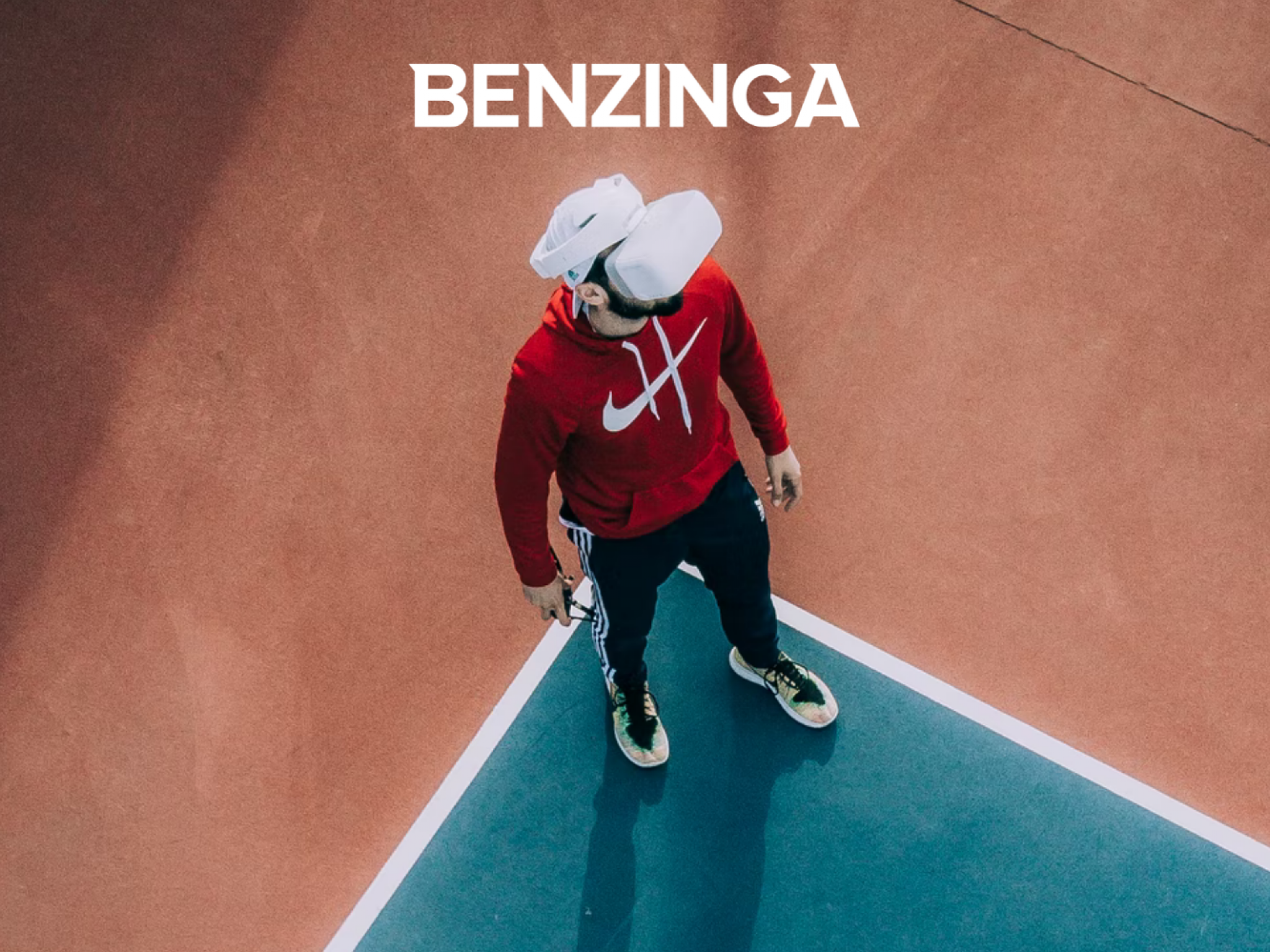
The metaverse is an emerging market that every investor is looking at, and yet it’s difficult to get into for two reasons. First, it lacks an evaluating system and tools for investors to decide exactly which metaverse to invest in. And second, metaverse land assets have liquidity issues, so ensuring returns can be unpredictable. Desirable plots of land come with high price tags, while plots that are far away from desirable areas are therefore valued lower, and some early buyers are finding it difficult to resell their properties for a profit. To incentivize new investors to join the metaverse markets, a guarantee of liquidity is necessary, otherwise potential investors won’t be interested in this ecosystem.
The lack of liquidity is due in part to a few reasons. Interoperability between metaverses has not been adequately developed, assets are largely unaffordable, and there are security risks complicating ownership. Conceptually, the metaverse is about open transferability and utilizing protocols that act as standards for transacting in the marketplaces. There are some unknowns regarding these aspects of the metaverse, which companies that develop and design technologies for the new virtual spaces should clarify to make it easier for ordinary people to invest in the metaverse.
Interoperability between metaverses needs to become a reality
The lack of interoperability between the different metaverse protocols may be one of the biggest barriers to entry. Each metaverse has a native token and is building its own ecosystems. Additionally, metaverses are also being built on different blockchains, which complicates the problem. At the moment, there are some technologies being developed to enable your NFT avatar to be able to cross platforms. Other pioneers are trying to build an infrastructure level of interoperability by creating reserve currencies that can be adopted across all metaverses.
To address the issues of interoperability and liquidity, particularly for land ownership in the metaverse, a land bank might be the solution. A land bank could create standardized evaluation and rating systems across the metaverses to provide value to future investors. Having a land bank would also allow users to have a great experience across many metaverse platforms, as it could provide them with opportunities to learn about all available investment options and compare prices. Investors will be incentivized by the ease of use of having a multiverse of possibility in one consolidated list at their fingertips.
Fractionalizing assets could make expensive assets more affordable
Purchasing virtual assets is expensive. With Bored Apes selling at $180,000 and land on Decentraland valued starting at around $10,000, these sums are astronomical for most investors. It will be tough to see returns if the metaverse remains financially inaccessible to the majority of people around the globe.
One way to solve the issue of liquidity in the metaverse is by fractionalizing all kinds of digital assets, from land to NFTs. There are already fractionalized NFT vaults that create opportunities for liquidity by allowing investors to buy shares in NFTs, instead of having to buy the whole asset themselves. Having a decentralized autonomous organization (DAO) for investors and shareholders takes this idea a step further – with its members in this type of setup, the DAO can set the price of its assets collectively. If members want to sell their shares or their assets, the group can decide on a price that would suit the needs of the community. This way, the DAO is not entirely dependent on the virtual economy, and they enable liquidity for those who want to sell. There is also no hierarchical structure in a DAO -- everyone who is part of the organization has an equal stake, and thus can vote on what prices should be set at.
DAOs can address security and transparency concerns
The digital space is already full of vulnerabilities. The metaverse – with the complex bridging technologies required for its interoperability – amplifies these vulnerabilities with hackers and fraudsters looking to exploit them. Brands looking to do business on metaverse platforms should be developing their own security standards that are transparent and appealing to their customers, as questions of security could be another major barrier to more investors entering the metaverse.
The good news is that blockchain technology is known for its transparency, so any transaction will be recorded and visible to the whole network. Because of the transparent nature of DAOs, the approach of using DAO structures for asset purchases on the metaverse provides an added layer of security that would go a long way toward reassuring potential investors who are worried about fraud. The blockchain code is out in the open, the rules are set in the smart contract, and any changes to these two aspects have to be voted upon by DAO members.
The metaverse has a bright future, but we need to tread carefully
On paper, the metaverse provides an excellent opportunity for financial liquidity and community engagement – but only if the needs of the people the metaverse is meant to serve are prioritized. It’s a space where people who are disenfranchised in the real world could be empowered financially and socially. Creating investment opportunities via fractionalized assets and DAOs paves the way for liquidity as the metaverse grows. However, if issues of interoperability, unaffordability, and security are not addressed, there will be continued reluctance from retail investors, and the metaverse will be just another space regulated and dominated by corporate interests.







